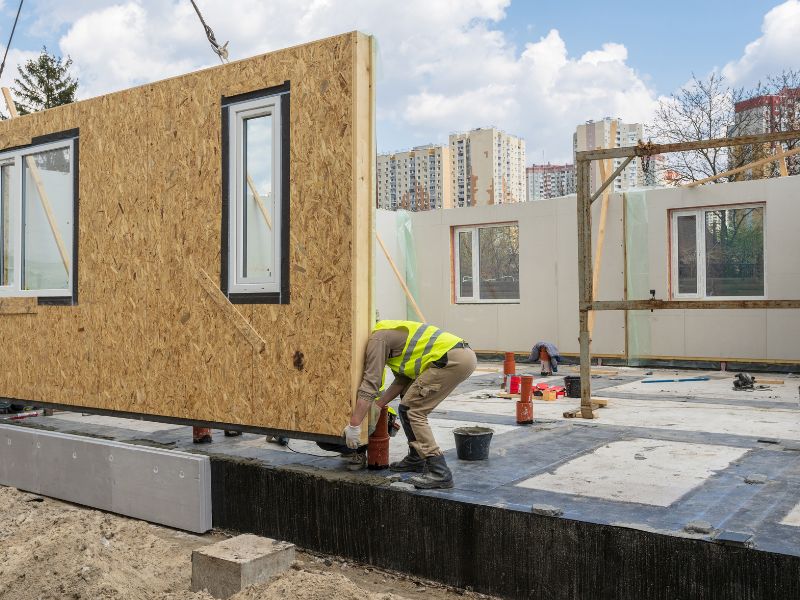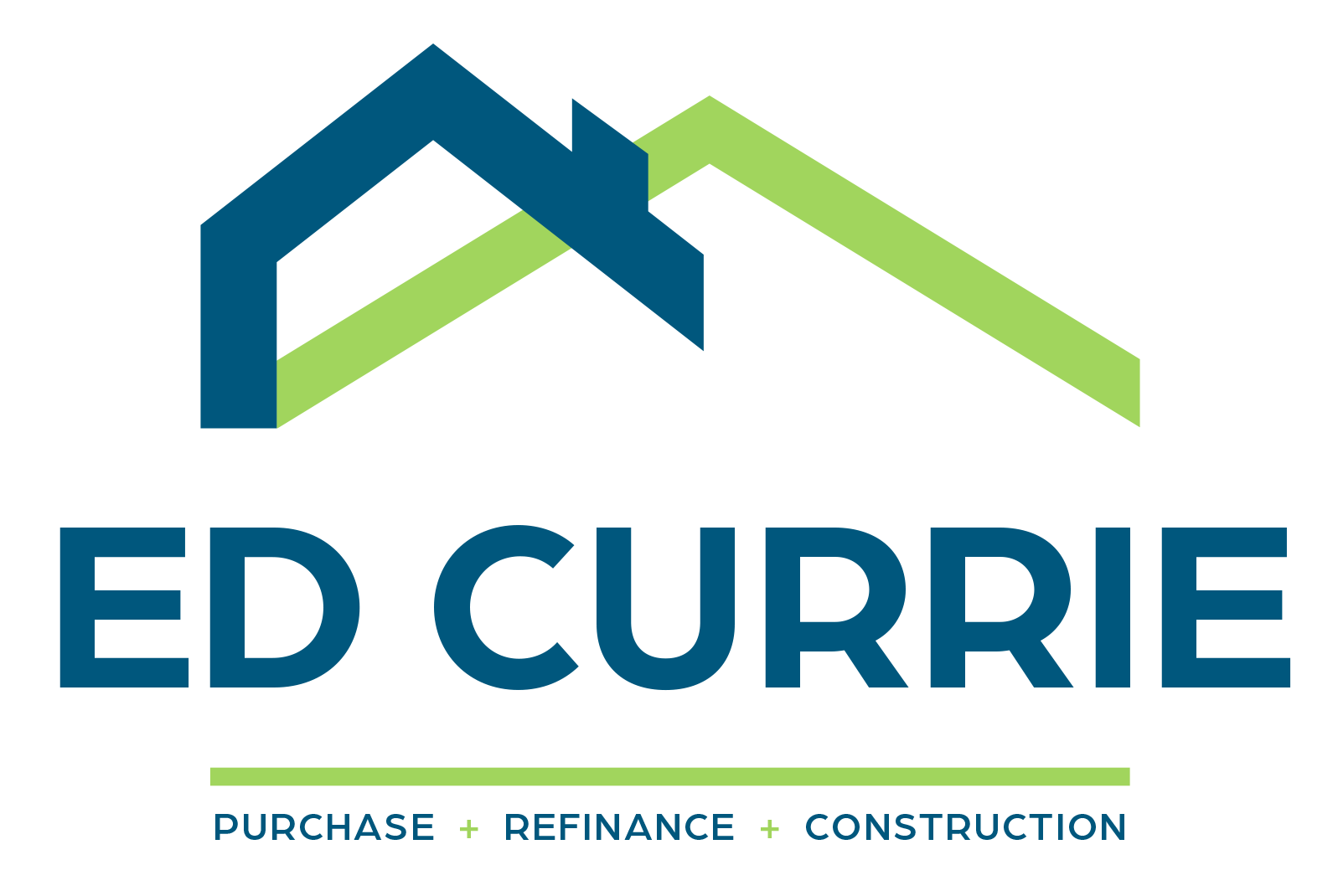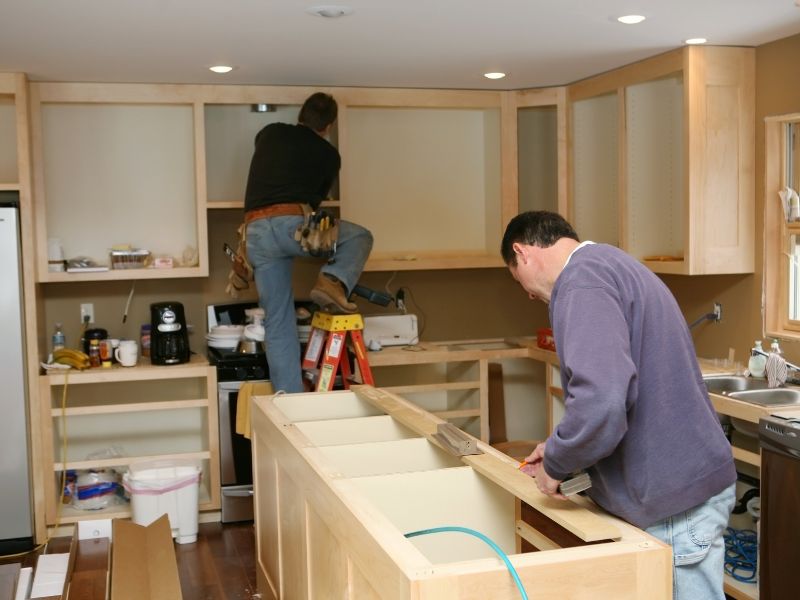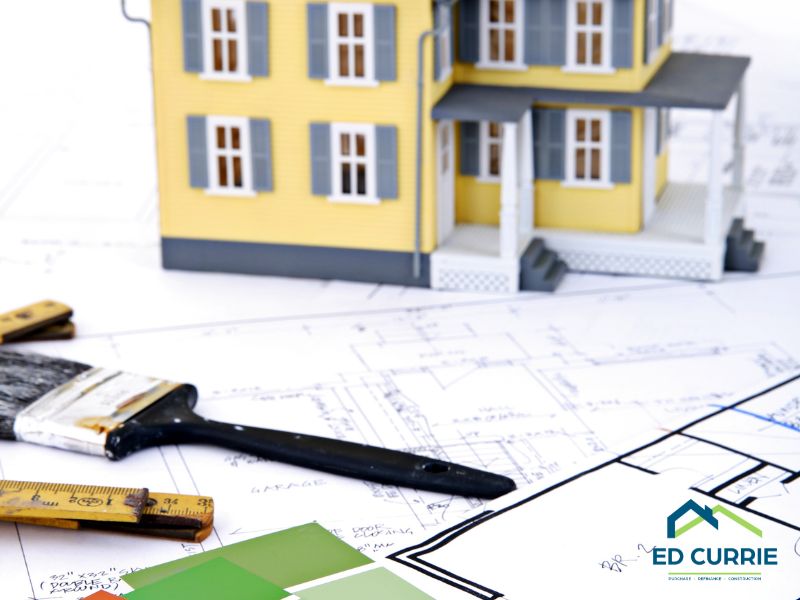
Modular homes are increasingly becoming popular for homeowners who are seeking a faster, more affordable alternative to traditional homebuilding. Constructed in sections or modules within a factory, these homes are then transported to the site and assembled into a complete structure. The process offers several benefits, including cost savings, quicker construction times, and high-quality control. However, financing this type of project can be complex, as it involves both off-site and on-site work. This is where construction loans come into play, providing the financial support needed to make modular homes a reality.
How Construction Loans Work for Modular Homes:
Construction loans are short-term loans designed to cover the costs associated with building a home, including modular homes. Unlike traditional mortgages, which are typically issued as a lump sum, construction loans are disbursed in stages. These stages correspond to key phases of the construction process, such as the completion of the foundation, delivery of the modules, and final assembly. This staged approach ensures that funds are available when needed, reducing financial risk and helping to keep the project on schedule.
Key Benefits of Construction Loans for Modular Homes:
- Covering Upfront Manufacturing Costs:
One of the unique aspects of modular home construction is that the bulk of the work happens off-site in a factory. Construction loans provide the necessary funds to cover the costs of manufacturing the modules. This upfront financing is crucial, as traditional home loans may not account for the off-site production phase, which is a significant part of the modular homebuilding process. - Financing Transportation and Assembly:
After the modules are built, they must be transported to the building site and assembled. This step involves logistical challenges and expenses, including transportation fees, crane rentals, and skilled labor for assembly. Construction loans cover these costs, ensuring that the modules are safely and efficiently assembled on-site. Without this financial support, homeowners could face delays or additional costs, jeopardizing the project. - Supporting Site Preparation:
Even though modular homes are prefabricated, the building site still requires preparation, such as grading the land, laying the foundation, and connecting utilities. Construction loans can fund these essential site preparation tasks, ensuring that the site is ready for the modular units when they arrive. Proper site preparation is critical to the success of the project, as any delays or issues at this stage can cause significant setbacks. - Customizing Your Modular Home:
One of the most appealing aspects of modular homes is the ability to customize the design. Whether you want to add a spacious deck, install energy-efficient features, or create a unique interior layout, construction loans offer the flexibility to finance these customizations. This allows you to personalize your modular home to suit your preferences and lifestyle, ensuring that you don’t have to compromise on your vision.
Construction loans are an essential tool for financing modular homes, offering the flexibility and financial support needed to navigate the unique challenges of this type of construction. From covering the costs of manufacturing and transporting the modules to funding site preparation and customization, these loans ensure that every aspect of your modular home project is adequately financed. With a construction loan in place, building a modular home becomes a streamlined and cost-effective process, allowing you to enjoy the benefits of modern homebuilding without financial stress.




![EdCurrie_Logo White[Transparent] EdCurrie_Logo White[Transparent]](https://edcurrie.com/wp-content/uploads/elementor/thumbs/EdCurrie_Logo-WhiteTransparent-qybu3sjgpfhje9098uitv7fpt7os2hgn52gfy6ocx4.png)